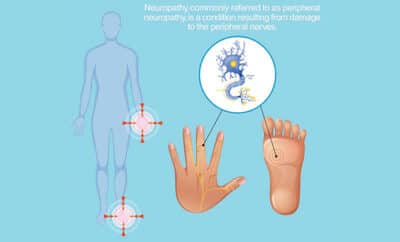The Top 3 Myths about Having a Will:
How a Little Bit of Planning Can Spare Your Loved Ones a Whole Lot of Trouble
 By Carolina Robinson Heinle, Esq.
By Carolina Robinson Heinle, Esq.
As an estate planning attorney, the one question that I am asked the most frequently is “Do I need a will?” With few exceptions, the answer is “yes.” A will allows you to direct how your assets will be distributed upon your death. It is an important part of your overall estate plan and one that should be carefully considered. Here are the top three myths that end up getting people into trouble:
1. I don’t have any money, so I don’t need a will.
It is a common misconception that unless you have a lot of money, you don’t need a will. The truth is, if you have young children, you should have a will. By appointing a guardian for your children in your will, you decide who will raise your children in the event of your death. Deciding on a guardian is a difficult decision, and many people tell me that it’s one they can’t make. Discussions about death are difficult and often people postpone these conversations altogether. But if you die without a will, you risk the possibility that the court will decide who should raise your children and while sometimes the court gets it right, very often it does not and your relatives and loved ones are left in the midst of a legal battle.
2. I’m leaving everything to my spouse and s/he is leaving everything to me.
Unfortunately, the disposition of assets doesn’t work this way. If you die without a will, the law steps in and determines how your assets will be distributed. Depending on whether you have surviving children, children from a previous marriage, parents or siblings, your spouse may not get everything. You cannot assume that just because you’ve orally left instructions for someone that those wishes will be carried out.
3. I had a Will drafted 10 years ago, so I’m ok.
Circumstances change. For example, children born after a will is executed may not necessarily inherit the same property in the same shares as children already named in the will. Personal relationships between family and friends evolve and you may want to add or remove someone from your will. The legal climate fluctuates as well, sometimes making it advisable to modify your will to minimize state and federal taxes. In most cases, it’s important to update
your will every 5 years because your will from 10 years ago is
likely not consistent with your current wishes.
There are several other estate planning tools that you can utilize, depending on your needs. A trust, for example, is a very effective vehicle that can be used in tandem with a will or as a substitute for one altogether. Like a will, a trust allows you to retain control over the exact disposition of your assets. As an added benefit, the assets in the trust will usually not be subject to probate upon your death.
Carolina Heinle, Esq. focuses her practice in the area of estate planning and administration. She joined Schindler Law Group, LLC in January after practicing for several years with a Philadelphia-based law firm. She is a graduate of Haverford College, Yale University Divinity School, and Villanova University School of Law. A native of Chester County, Ms. Heinle and her husband live in Avondale with their three young sons.
The important thing is to discuss your situation with an experienced estate planning attorney who will be able to advise you on the best plan for your circumstances. Please call me to set up your free consultation at (610) 444-6216. I’m looking forward to speaking with you.





